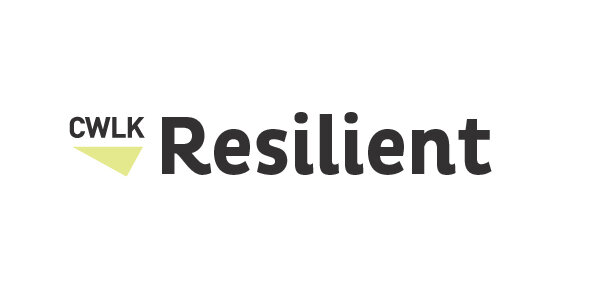Is addiction a disease or a learned behavior?
Is addiction a disease? Not if you ask neuroscientist and former heroin addict Marc Lewis. He believes addiction can be learned and unlearned, much like other behaviors.
According to Dr. Lewis, how are addictions are learned? In order to answer THAT question, we need to know a tiny bit about a chemical in the brain called dopamine.
When dopamine is released in the brain it acts to produce sensations of pleasure, reward, and desire. The pleasure, reward, and desire work together to teach us to repeat certain behaviors.
To illustrate this, imagine that you are walking in the desert and you become quite thirsty. When you take a drink of water, dopamine is released. The sip of cool water feels pleasurable. rewarding, and desirable.
See video below for a visual explanation.
Because you found the water pleasurable, rewarding, and desirable, you will try to get water in the future. And dopamine will help you. With dopamine, your brain will remember everything that led up to the drink of water. Why does it attempt to remember everything that led up to the drink of water? Because everything that led up to the drinking of water is a cue that water may be close by.
We could say these things are associated with getting water.
For example, you may learn to associate palm trees with water. Likewise, you might learn to associate birds with water. By causing pleasure, reward, and desire, dopamine helps you form these associations.
When you see the things associated with water, a program is activated in your mind and you will have a desire to experience the pleasure and reward found in water.
In fact, even things that were pretty far removed from the water will be associated with water. And coming into contact with them will also produce a desire to seek water. Why will you feel desire arise from things that are not closely associated with water? Your brain doesn’t want to miss out. So, it keeps track of these associations just in case they might be helpful for finding water.
What about alcohol and other drugs? Alcohol and other drugs cause unnatural amounts of dopamine to be released in the brain, which means that you will develop unnaturally deep and enduring associations between drugs and things you experienced before you took the drugs.
It also means you will feel an outsized desire to seek drugs.
You can think of it as normal learning—but on crack. . . or heroin, or alcohol, or nicotine, or any other drug that you can abuse.
By repeatedly using drugs, something called overlearning can take place. When we overlearn something, it becomes second nature.
For example, many English speakers have overlearned Mother Goose Nursery Rhymes. So, if I say, “Mary had . . . “ Most English speakers will automatically finish the sentence with, “a little lamb.” Because the nursery rhyme was overlearned, there is almost no effort involved in remembering the “a little lamb”, when we hear “Mary had”.
Completing “Mary had” with “a little lamb” is almost a reflex. So that “Mary had” is a trigger for “a little lamb”.
The application to drug use is this: When drug use is overlearned, cues, associations, or “triggers” can almost immediately lead to the desire to find and use drugs. The words, “Mary had” represents what we associate with drug use. The phrase “A little lamb” represents the desire to get our drug.
Over time the desire to use drugs eclipses other desires like the desire to please a boss, keep the fridge stocked with groceries and maintain contact with non-using friends and family. The paths leading to these things fade. The desire to use grows. It becomes a well-worn path, and then a road, and then a super highway.
Conclusion
To Dr. Marc Lewis, addiction is not a disease. Instead, it is an over-learned behavior.
What do you think? Tell me in the comments section.
